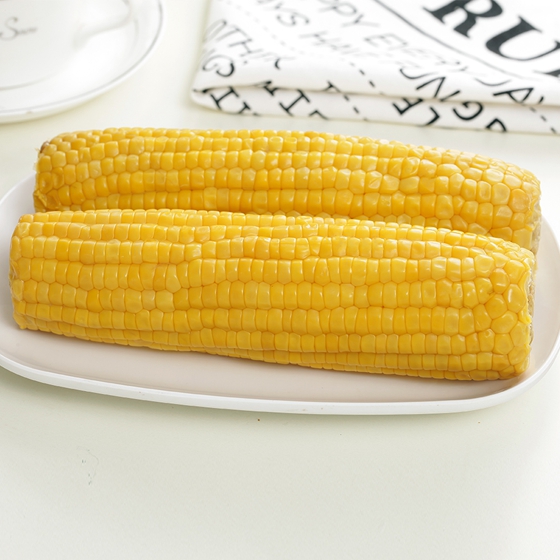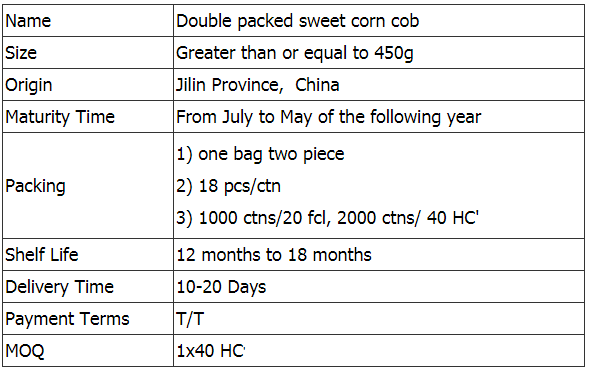
The diet should be balanced, but for babies up to one year old, due to incomplete development of the gastrointestinal tract, in order to avoid increasing the burden on the gastrointestinal tract, and reduce the chance of causing allergies, some foods should not be prematurely exposed! The following small series describes some foods that are not suitable for babies before one year old.
protein
Danger point: ingredients can cause allergic reactions
Eggs are rich in high-quality protein, as well as calcium, phosphorus, iron and other minerals and a variety of vitamins, but the baby's digestive ability before one year old can not afford this rich nutrients, plus the ingredients in the protein can easily cause allergic reactions, Therefore, babies who start eating non-staple foods must first eat egg yolks.
peanut butter
Dangerous point: ingredients are prone to allergic reactions; storage is susceptible to contamination with aflatoxin
Peanut itself contains peanut oleic acid, which is an essential fatty acid required by the human body. Human cells use this acid to synthesize prostaglandins. Prostaglandins are a significant natural inflammatory substance in the human body and are prone to allergic reactions and inflammatory reactions. If the family has a genetic history of food allergies, it is best to avoid feeding peanut products before the age of one.
Fresh milk
Danger point: ingredients are not easily absorbed
Fresh milk is rich in nutrients, but it is not suitable for babies up to the age of one year. The main reason is that the casein protein in fresh milk has a large molecular structure that is not easily decomposed and cannot be absorbed by children under one year of age. And if there is not enough lactase in the intestinal tract of some babies to decompose lactose, it will cause intestinal irritation and affect the function of defecation; in addition, certain minerals may increase the burden on the baby's kidney and cause chronic dehydration and dry stool. .
A medium-sized cob of corn provides more than 10% of our daily dietary fibre requirements.
There are two types of dietary fibre - soluble and insoluble - and sweet corn contains both.
According to the American Heart Association, dietary fibre as part of an overall healthy diet can help lower blood cholesterol levels and may reduce the risk of heart disease. It is insoluble fibre that binds to cholesterol, preventing it from being absorbed into the bloodstream.
Insoluble fibre is responsible for promoting regularity and helping to prevent constipation by speeding up the passage of food and waste through the intestines and absorbing water to keep stools soft. Insoluble fibre has been shown to reduce the risk of haemorrhoids.
Fibre-containing foods such as sweetcorn also help to provide a sense of satiety and may therefore help to suppress appetite and aid weight management.
Dietary fibre has also been linked to a reduced risk of type 2 diabetes. A diet rich in fibre helps patients manage their disease.
Fibre is fermented by bacteria in the colon. Promising studies are underway to determine the health-promoting effects of fibre fermentation breakdown products, for example, short-chain fatty acids, which may help to maintain a healthy gut.


Yellow Sweet Corn,Double Packed Sweet Corn,Double Packed Sweet Corn Cob,Double Packed Yellow Sweet Corn
Jilin Province Argricultural Sister-in-law Food Co., Ltd. , https://www.nongsaocorn.com